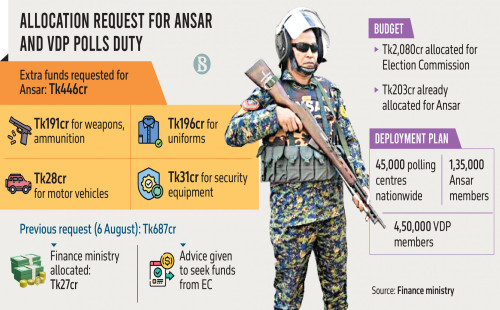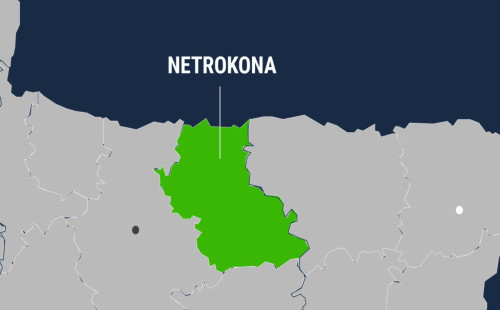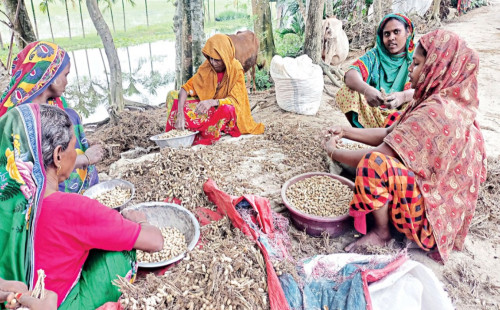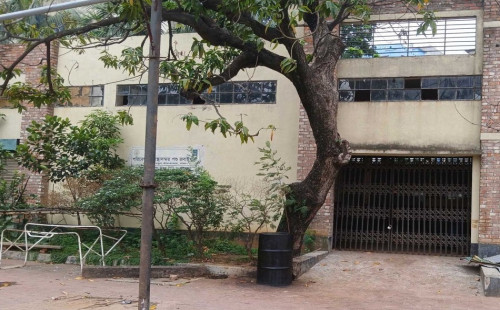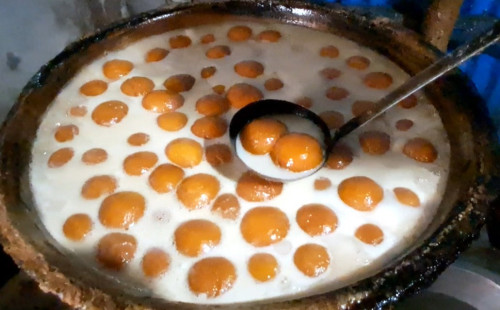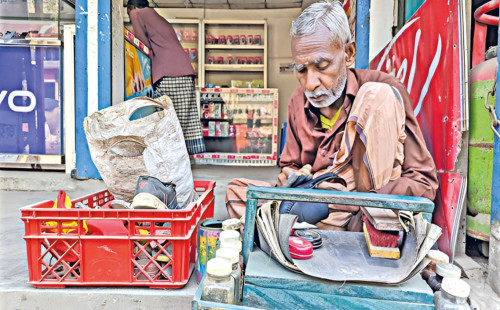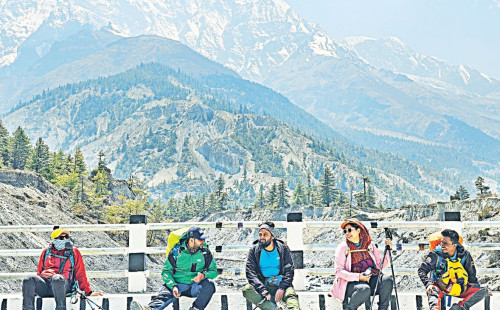Manifestos expose issues unresolved at DU for years

The manifestos of the panels contesting the Dhaka University
Central Students' Union elections lay bare how the university is still mired in
long-unresolved problems even after more than a century of its founding.
From
improving food quality and accommodation to expanding healthcare services, six
major panels pledge to address issues that have plagued student life for
decades. Similar promises were made during the 2019 Ducsu elections -- held
after a 28-year hiatus -- but those largely went unfulfilled.
The six panels with similar pledges are: Jatiyatabadi Chhatra
Dal; Islami Chhatra Shibir-backed "Oikyaboddho Shikkharthi Jote";
left-leaning alliance-backed "Pratirodh Parshad"; Bangladesh
Gonotantrik Chhatra Sangsad's "Boishommo Birodhi Shikkharthi
Sangsad"; Bangladesh Chhatra Odhikar Parishad-backed "Ducsu for
Change"; and independent panel "Swatantra Shikkharthi Oikya".
Analysing
each of their manifestos, The Daily Star found ensuring Ducsu and hall
elections every year to be the most common pledge. Some of the other pledges
are beyond Ducsu's jurisdiction, though each panel has presented different
methods of implementation.
On food:
most panels pledged subsidised meals. Pratirodh Parshad said it would not
support private-owned canteens, instead vowing to establish university-operated
cafeterias. The Shibir-backed panel did not mention direct subsidies but
promised to introduce "special meal vouchers" for needy students.
On
accommodation: all panels promised a "one seat per student" system at
dormitories and vowed to end political exploitation of the seat crisis. Four
panels also pledged to introduce "residential allowance" for those
unable to secure dormitory seats. Chhatra Dal and Pratirodh Parshad did not
include such initiatives.
On
healthcare: Boishommo Birodhi Shikkharthi Sangsad and Swatantra Shikkharthi
Oikya vowed to introduce insurance schemes to make specialised services
affordable, while Oikyaboddho Shikkharthi Jote proposed signing MOUs with
private hospitals. Chhatra Dal and Pratirodh Parshad, on the other hand,
promised to improve the university's own facilities.
However,
food, accommodation, and health services are under the administration's
jurisdiction, not Ducsu.
Three
other panels are also contesting the central students' union and hall union
elections scheduled for September 9.
According
to the Ducsu constitution, its mandated functions include maintaining common
rooms, providing indoor games, publishing journals and magazines, and arranging
debates, cultural events, sports competitions, lectures, and social gatherings.
Ducsu is also tasked with fostering social service among its members through
lectures, demonstrations, and exhibitions.
But
candidates said they identified students' problems and placed their views on
such issues because Ducsu also has a mandate to preserve and protect student
rights.
On
mandated duties, the most detailed plans came from Pratirodh Parshad. It
promised to create separate practice rooms for students of dance, drama, music,
and fine arts; revamp hall auditoriums; publish magazines; and organise
traditional folk festivals. It also pledged to create a sports calendar, expand
library facilities, and increase the number of common rooms.
Chhatra
Dal promised to organise inter-hall and inter-department tournaments, youth
festivals for cultural and creative activities, and promote student involvement
in drama, short films, photography, drawing, and recitation.
The
Boishommo Birodhi panel pledged to upgrade student clubs and turn TV rooms in
dormitories into mini-cinemas, while Swatantra Shikkharthi Oikya promised to
renovate basketball courts, table tennis facilities, and the central field.
Notably,
none pledged to organise debates, despite this being a core responsibility of
Ducsu. Instead, they promised seminars, workshops, research activities, and
career fests.
The
manifestos also reflected aspirations to transform DU into a research-based,
top-class institution. Currently, the university allocates only around 2
percent of its budget to research. Pratirodh Parshad pledged to increase this
to 10 percent, while the independent panel proposed 20 percent. The other
panels did not specify figures but vowed to improve the situation.
Most
panels also pledged to introduce a university-owned transport system with
increased routes and trips; extend entry time limits for female dormitories;
enhance campus security both on and off site; and protect the greenery of the
campus.
Contacted,
former DU Prof Abul Kashem Fazlul Haq said, "Since independence, no
political party has focused on student issues. Instead, they used the crisis as
a tool to mobilise political forces." He added that only the government's
goodwill could resolve these problems.



